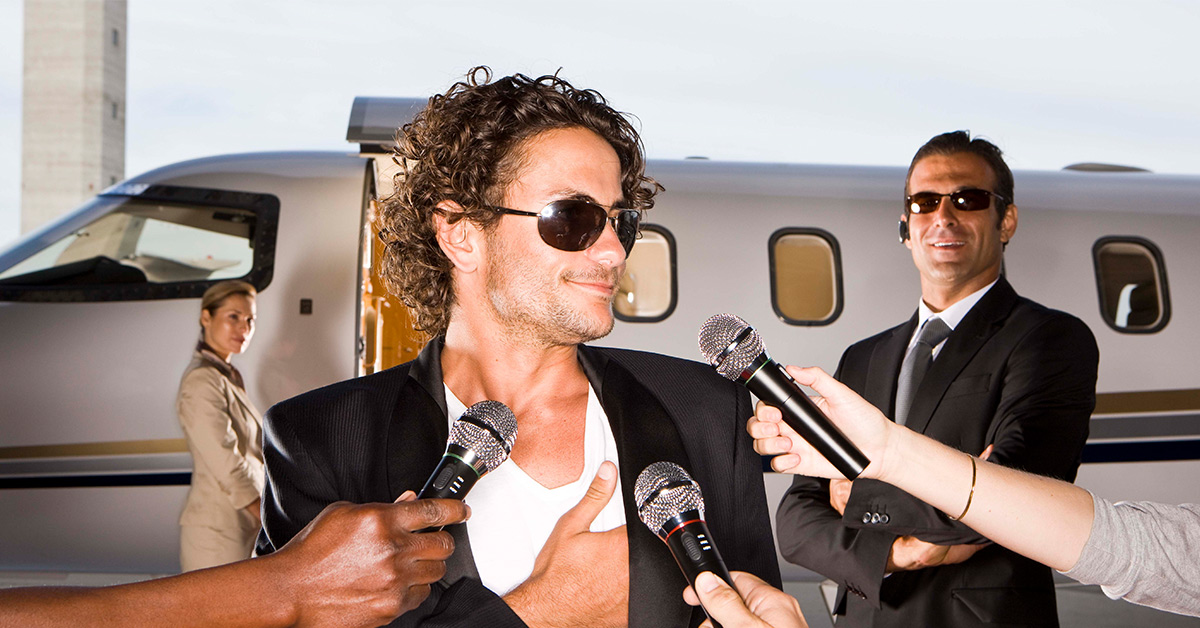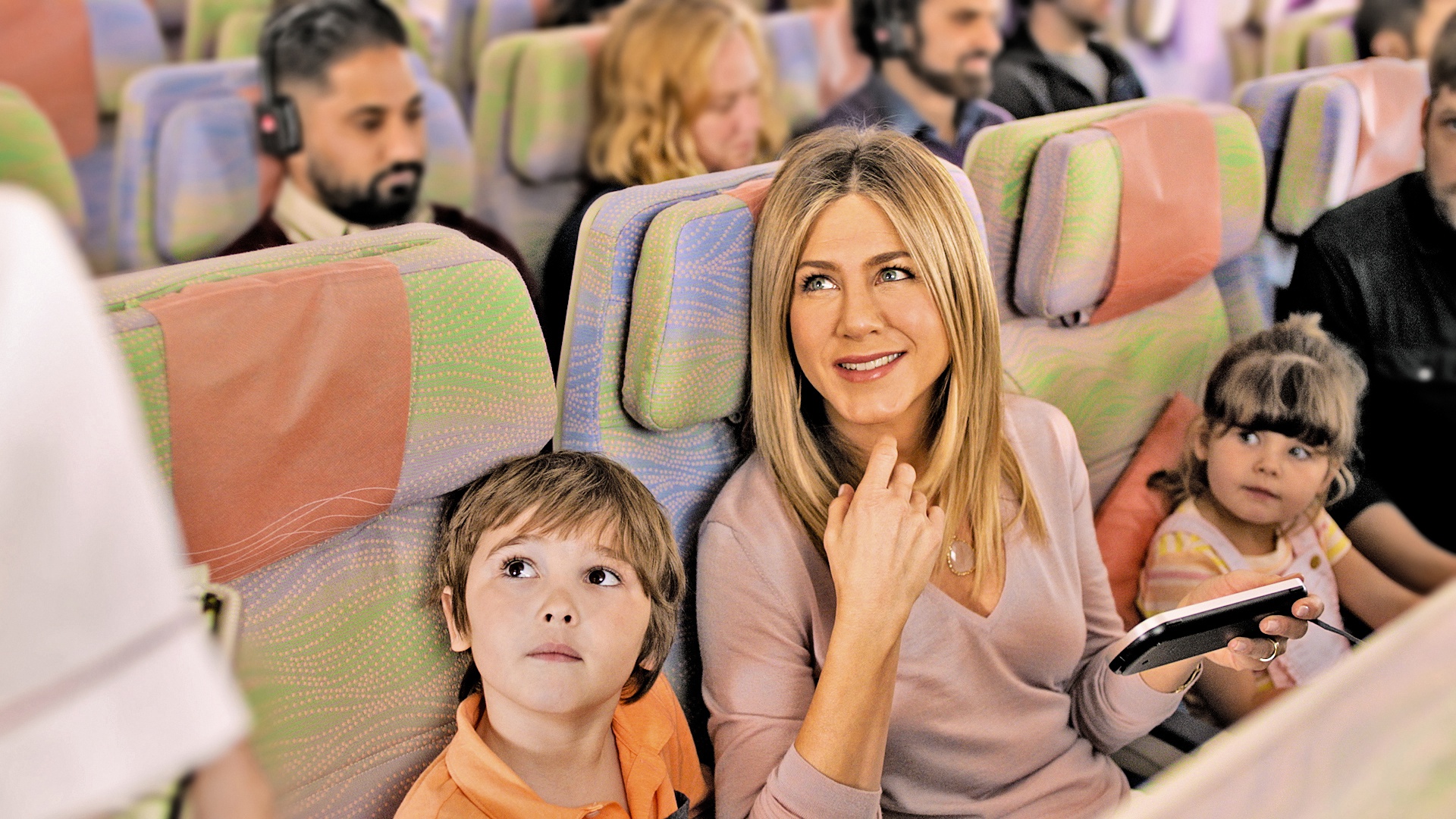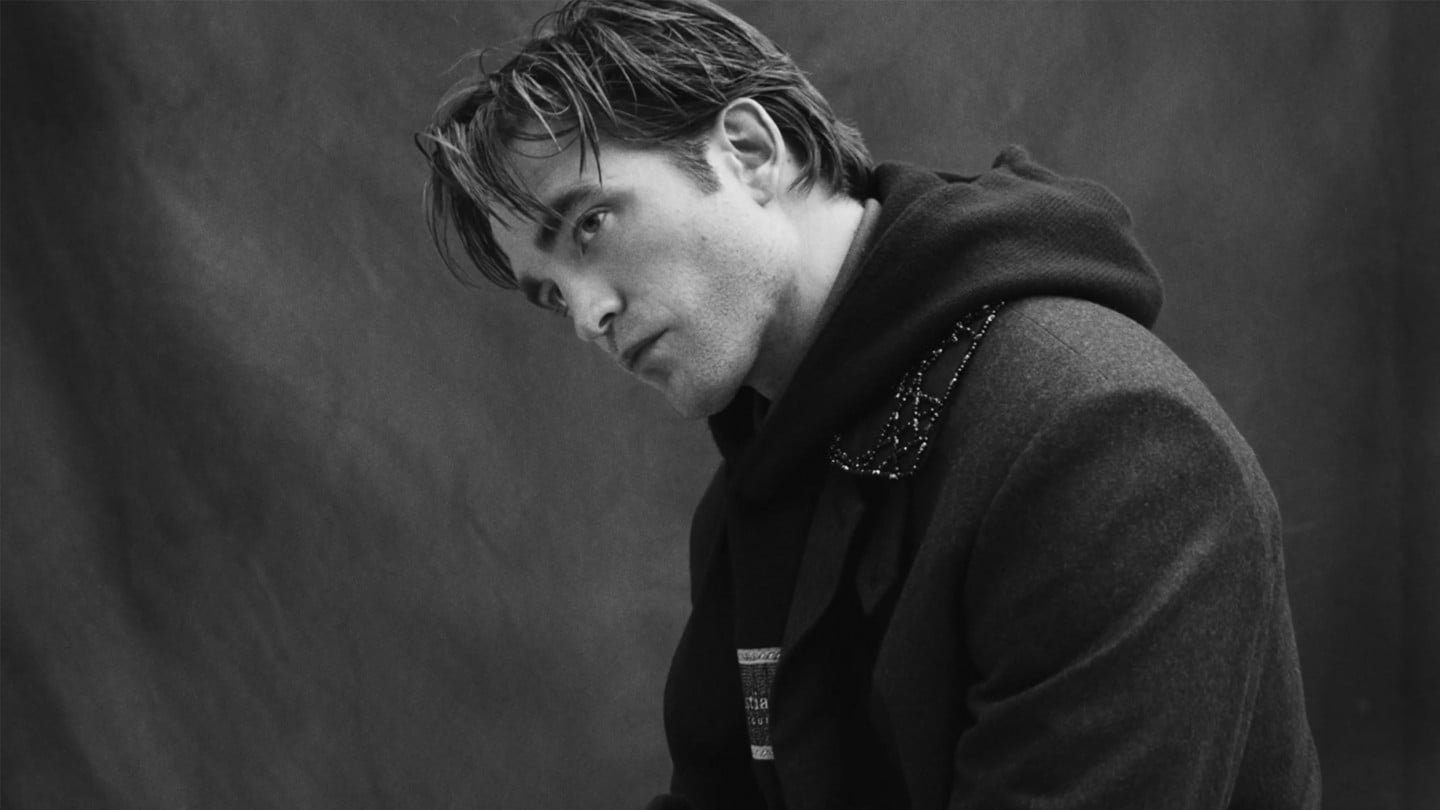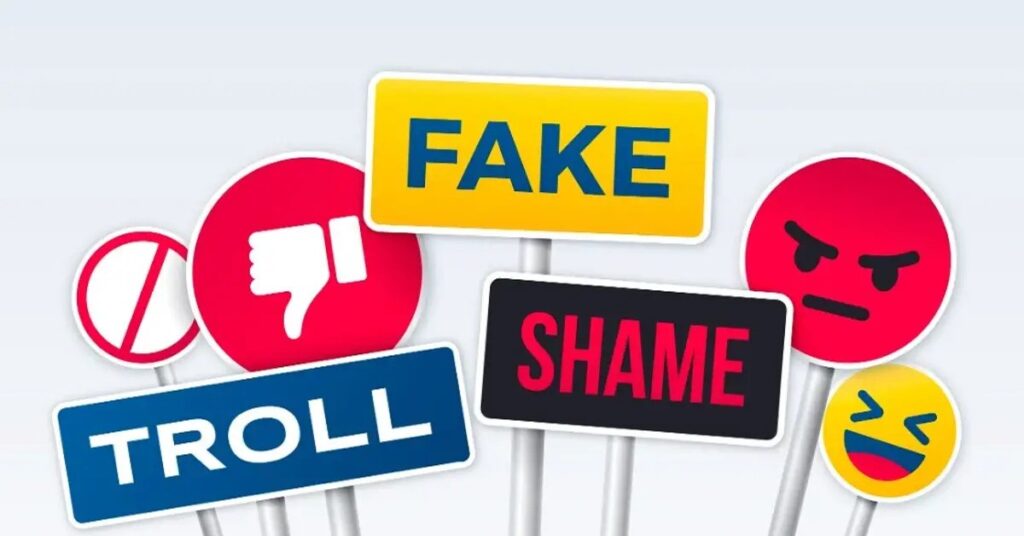Brands have celebrities endorse their products to increase sales and awareness about the company. It’s a marketing strategy to enhance and boost the brand’s image. But it isn’t free. Companies have to pay millions of dollars to have a celebrity endorse their products. Discover the power, perks, and pitfalls of celebrity brand endorsement.

In the 21st century, the use of celebrities has become more prevalent than ever. From cold drinks to music apps to sneakers to pizzas and medicines, celebrities are endorsing everything and anything. It has become a very popular form of advertising. The celebrities are the spokesperson for the brand, promoting and advertising the products, services, and ideas to the target consumers.

Celebrity brand endorsement is now regarded as the most successful and trusted method of promoting a product or service. One such example is Emirates Airlines roping in Hollywood actress Jennifer Aniston in 2021 as the company’s brand endorser. She is one of the most recognizable faces in the world, her popularity and global appeal. Bollywood actress Deepika Padukone is the brand ambassador for Qatar Airways for the year 2023. Twilight actor Robert Pattinson became the face of Dior after the completion of the five-film deal. Pop singer Taylor Swift partnered with Diet Coke. There are many more.

An Image to Maintain
Celebrities have to maintain the brand’s image and reputation as well as their own, otherwise, they end up losing millions of dollars. In 2022, Adidas ended its partnership with Kanye West after the rapper made a series of offensive and anti-Semitic comments. This cost the musician his billionaire status, and his net worth dropped to $400 million. But it also proved costly for Adidas – the sportswear brand is still struggling to sell off $1.3 billion worth of Yeezy shoes.
Several celebrities have shared a similar fate. In 2008, luxury fashion house Christian Dior gave actresses Sharon Stone the boot for saying that the massive earthquake in China, in May of the same year, was karma because of Beijing’s treatment of Tibet. Christian Dior canceled Stone’s makeup modeling contract and announced that the company doesn’t support any type of commentary that will hurt the feelings of its customers. Nike showed boxer Manny Pac-Man, who had enjoyed the perks of a lucrative endorsement deal for nearly eight years, the door for making homophobic remarks with a Filipino TV station in 2016. The brand said it strongly opposes discrimination of any kind and has a long history of supporting and standing up for the rights of the LGBT community.
Brands take on celebrities as endorsers because they are popular individuals, who are always in the public eye and are very high-profile. Their words and actions are always highly regarded. Celebrities give their names to the products, making it possible for the product to become noticeable and recognized to the masses.
Not Easy
Endorsing products of brands is not an easy task. The celebrity endorsers have to uphold the brand image (concept of a brand held by the consumer and is formed through consumer interpretation – reasoned or emotional). Consumers choose brands based on their expectations and this is where brand image comes in; it builds expectations. Celebrities influence consumer engagement and drive sales. But if the celebrity endorser does or says something wrong, it becomes a nightmare for the brand and the company itself.
While celebrity partnerships prove very effective in generating buzz and sales, brands should understand that these celebrities are humans, and they also have opinions or own voices. A brand, at the end of the day, should not be so vulnerable that it gets hit by the endorsers’ personal views or actions.
The onus is on the company and its brand to thoroughly do a background check and research, personal and professional. They should be aware of the type of comments the potential endorser uploads on social media and monitor them before eventually roping them in for the brand campaign or endorsement.



